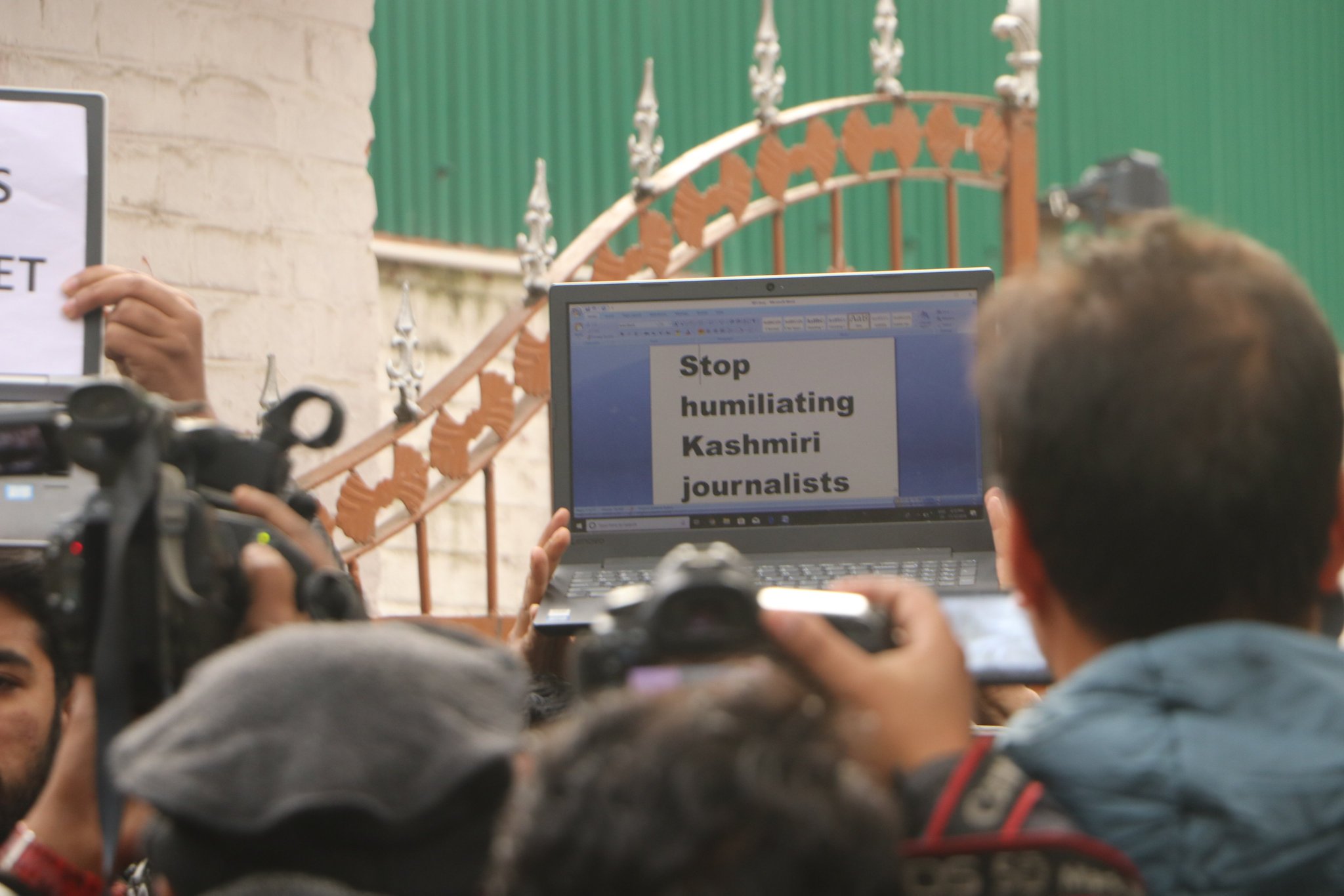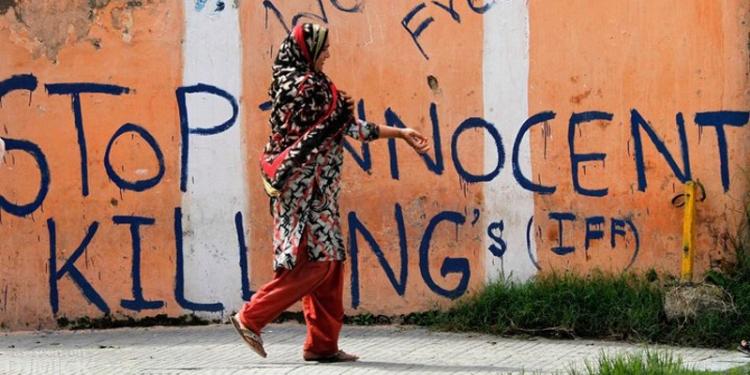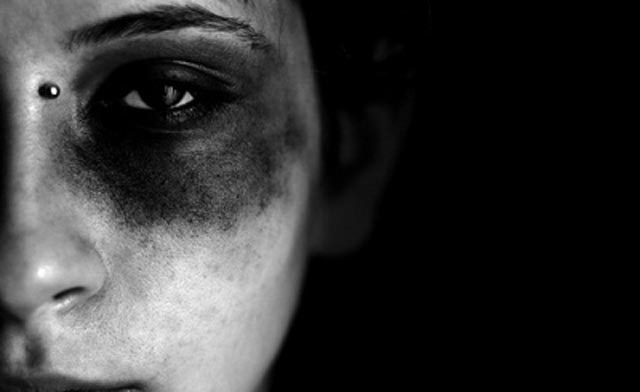Union Home Minister Amit Shah has asserted that normalcy has been restored in the erstwhile state of Jammu and Kashmir in the aftermath of the abrogation of Article 370 on August 5. He also asserted that while internet was an important force in contemporary life, it could only be restored in Jammu and Kashmir when it was certain that it would not lead to further security concerns. He said that before restoring internet connectivity in the Valley, all factors regarding the security of the people would be taken into consideration.
Union Home Minister Amit Shah issued this statement in response to a question asked by veteran Congress leader Ghulam Nabi Azad in the Rajya Sabha.
Mr.Shah stressed that while the internet was an important tool in the contemporary times, it was important to prioritise the safety of the citizens above everything else. He also said that any decision on the restoration of the internet services in the Valley would be taken after a detailed look and assessment of the situation by the local administration. The agencies given this duty would also have to carefully examine the activities that were going on in Pakistan, before it could duly arrive at a consensus. Shah kept asserting that the conditions in the Valley had always been normal and things were now completely back on track in the Valley. He claimed that unlike what popular perceptions make us feel, the Valley had an adequate stock of medicines and there were no issues with the state’s healthcare system too.He added that for people’s convenience, mobile van health services had also been started in the Valley and the administration of the state had taken all measures to ensure that the health services in the Valley are adequate.
Challenging Azad, he said that the Union government had done everything to restore normalcy in the erstwhile state and that life was indeed back on track in the Valley.

Amit Shah said “All Urdu/English newspapers and TV channels are functioning, banking services are fully functional as well. All Govt offices and all Courts are open. Block development council elections were held, 98.3% polling was recorded.”
Shah also said that healthcare services were also fully functional in the Valley as 7.66 lakh patients visited the OPD at Srinagar hospitals in September and 7.91 lakh in October. He asserted with these numbers that medical facilities were now fully functional in the Valley. Moreover, he claimed that zero incidences of stone pelting and zero casualty since the abrogation of Article 370, only go on to show that indeed everything is normal in the Valley.
Amit Shah said “ Not a dingle person in J and K killed in police firing after the abrogation of Article 37. Curbs imposed under Section 144 stand withdrawn from all 195 police stations. Stone pelting incidences down to 544 from 802 last year.”
Union Home Minister Amit Shah’s speech in the Rajya Sabha asserted time and again that everything was indeed ‘normal’ in the Valley and with due considerations, the internet gag too would stand corrected. However there are a couple of issues that still require our attention and make us wonder if things are really “normal” in the Valley.
Government Enforced Internet Blockade Completes 105 Days
The internet blockade that affected the Valley in the immediate aftermath of the abrogation of Article 370 is often being seen as an unprecedented step by the government. This blockade has severely affected the work culture of the Valley- where an added concern for people has been a total government deficit. It has finally been agreed that in order to get back Internet connectivity, heads of every department/office will need to submit an undertaking to police that any misuse of internet services will be their responsibility. The signatory has to also agree with all the Do’s and Don’ts in the agreement drafted by the police.
This access to the internet will only be allowed to departments/offices rear fulfil the formalities through a specially designed lease life, which is typically run on a fibre optics cable. The restricted reuse of internet services i is going to resume after it was snapped in the Kashmir Valley ever since August 5, the historic day when the Centre read down Article 370 of the Indian Constitution and bifurcated the erstwhile state into two union territories. The government had also made strict regulations regarding the movement of people from one part of the region to another or even outside. While the restrictions on post-paid mobile services were restored last month, internet services stand suspended for the general public. There has been no notification from the government as to when exactly the Valley will witness a restoration of internet services.
The internet gag that has been going on in Kashmir for more than a hundred days now has severely affected the work lives of people associated with different sectors such as business, journalism, tourism etc. In fact, the Kashmir Valley has seen a rapid loss in its culture of journalism and media. Journalists working from inside the Valley and those working on Kashmir from outside the Valley have both been drastically affected by the internet blockade.

Limited internet access will now be allowed to government offices but internet access will continue to stand suspended for the general public. The government agencies that have been provided with internet access are the Srinagar Municipal Corporation, Health Department, Hospitals, Forest Department, Planning Department and office of the Deputy Commissioners at district level among others. Four internet points have also been built in tourists destinations like Gulmarg, Pahalgam etc.
It is ironic that even after a blockade of more than three months and now a gradual premiss. Being given to state administered agencies, the government is still now giving internet access to local newspapers and media houses including the Press Club of Kashmir. It is only a government-run media facilitation centre that continues to remain the single window where hundreds of journalists come to work on their reports on a day to day basis. Major universities of the Valley such as the Kashmir University and the Islamic University of Science and Technology still have no access to internet services. It is being believed that the government may take a long while before internet services are completely restored in the Valley and these may only be allowed with sever restrictions. The local inhabitants of the Kashmir Valley will perhaps have to learn to live without the internet services for mire weeks to come as a sustained internet gag may be suggestive of the Centre’s apprehensions that non-curtailed internet access may lead to online protests and mobilisation by local leaders against the Centre’s moves.
While we are told that the restricted usage of the internet has been done keeping in mind the safety of citizens, we must also not forget to look for other indicators of ‘normalcy’ which will really enable us to understand if things really are normal in the Valley.
The majority of schools, colleges and other academic institutions remained closed in the Valley in the aftermath of the abrogation of Article 370, but when they opened once again in early October- attendance continued to be visibly thin. Parents of school going children feared to send their children to school even at the cost of academic loss as they feared for their lives amidst the tense situation in the Valley. In September too, the government had ordered for schools to be reopened but the move remained unsuccessful as most students and teachers stayed away from school.
Moreover, as an article in India Today indicates, contrary to the claims of the internal administration of J and K that the erstwhile state has remained largely peaceful and “normal”, the picture emerging from the internal documents of the security forces shows that close to 100 security personnel were injured in the stone-pelting incidences, including 89 from the CRPF.
Moreover, things could hardly be normal as more than 3,000 people were detailed including the entire mainstream political class of the erstwhile state. The sources revealed that the decisions regarding the release of these leads would be taken on a phased basis and that mobile connectivity too would be reinstalled after the government thought it was appropriate for it to do so.
In the above paragraphs, we have taken only a glimpse of how normalcy of life has been affected in Jammu and Kashmir in the aftermath of the abrogation of Article 370. It is hard to then argue that everything was and has always been “normal”in the Valley.
While internet connectivity may be soon reinstated, what will take years to settle down are the ordinary people’s sleepless nights, the helpless mother’s beating heart for a son who never returned back home and the dreams that lie shattered in every street and every corner of the conflict-torn Valley.
Ananya Pathak is the Associate Editor / The New Leam.











